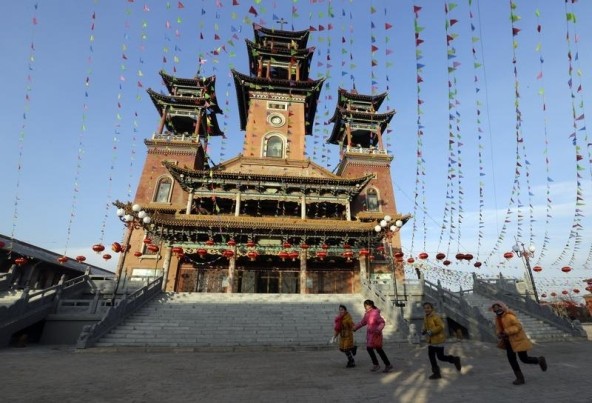As part of an overall campaign to address feudalism and superstition in rural regions, the Shanxi provincial authorities will focus upon feng shui masters, shamans and witches, who have observed a renewed interest from both rural and city-based community members during the current era.
According to the Xinhua publication, perpetrators will be "punished in line with the newly published guideline by the Shanxi provincial Civilization Office."
For Shanxi-based feng shui practitioners like Zhang Fanian, who operates in an area defined by its significant poverty, daily fees as high as 100,000 yuan ($16,100) will become a mere memory under the new official campaign.
Zhang is one of a small number of feng shui masters whose sole income is derived from his consultations, and he informed a reporter this week that "sometimes I can even make a million yuan out of a single deal."
Feng shui ("wind water" in Chinese) is a philosophical system that forms one of the Five Arts of Chinese Metaphysics. It is part of an ancient history in which Taoist traditions have heavily influenced Chinese culture--from the perception that early emperors were shamans to the 21st-century, in which Chinese seek to live their lives in harmony with the four elements of wind, water, fire and air.
Although the country has undergone significant revolutions, including Chairman Mao Zedong's Cultural Revolution, traditions like feng shui have prevailed. Furthermore, the practice of feng shui, in addition to traditional Chinese medicine, is popular with tourists and scholars, who value such aspects of China's cultural heritage.
The Shanxi authorities have announced a two-month-long crackdown that will consist of surprise inspections in the countryside. Commercial activities will be a particular target.
A concurrent education initiative will deliver pro-science events in Shanxi's rural areas to promote the concept of science.



























